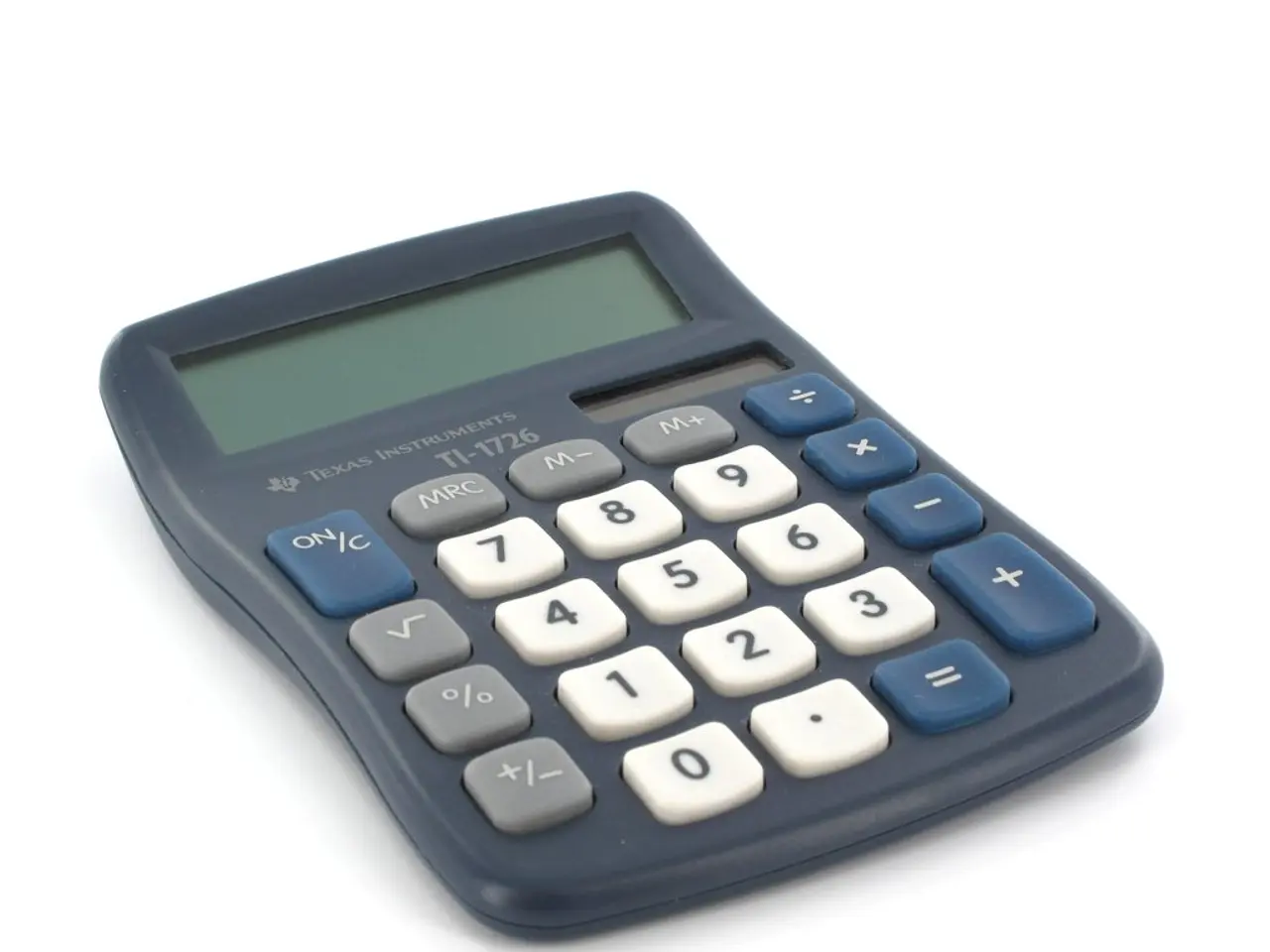Improving Educational Success with Mathematical Thinking and Debate Skills
In an effort to equip students with essential critical thinking skills and real-world problem-solving abilities, there is a growing emphasis on integrating mathematical reasoning and argumentation into numeracy programs.
Mathematical reasoning, a process of drawing conclusions based on logical principles and mathematical knowledge, fosters logical thinking and systematic problem-solving. This skillset is vital for students to establish the truth of statements rigorously rather than relying on guesswork or examples alone. Argumentation, on the other hand, requires students to clearly explain and defend their reasoning, enhancing communication skills and encouraging a reflective, evaluative mindset.
By embedding mathematical reasoning and argumentation within numeracy, students are encouraged to apply mathematical ideas in real-life contexts, nurturing mathematical literacy - the capacity to interpret, reason about, and effectively use mathematics in practical, interdisciplinary situations. This prepares learners to handle complex challenges beyond the classroom, promoting creativity, adaptability, and autonomous thinking.
Instructional approaches like open-ended problem-solving and task-based assessments that center on reasoning and argumentation have been shown to cultivate analytical thinking, a crucial foundation for lifelong learning and tackling real-world problems. Problem-based learning, which integrates real-world problems requiring critical evaluation and creative solutions, further supports this development by situating reasoning within meaningful contexts.
The role of educators is paramount in shaping perspectives on mathematical reasoning. Incorporating peer assessments allows students to engage in constructive critique, fostering a deeper understanding of mathematical reasoning and argumentation. Rubrics can serve as useful tools in assessing the quality of students' explanations and arguments.
Innovations in curriculum development are increasingly focused on integrating technology and collaborative learning environments. However, teachers often lack adequate training in fostering argumentation skills among students. Limited resources and time constraints can further impede the integration of mathematical reasoning in curricula.
Despite these challenges, nurturing mathematical reasoning and argumentation within numeracy programs cultivates a collaborative learning environment, where questioning and critical thinking are encouraged. This approach equips students with the cognitive tools to better understand complex problems and generate well-founded solutions both academically and in daily life.
References: [1] National Research Council. (2012). A Framework for K-12 Science Education: Practices, Crosscutting Concepts, and Core Ideas. Washington, DC: The National Academies Press. [2] Hmelo-Silver, C. E. (2004). Problem-based learning: A framework for instructional design. Educational Psychologist, 39(1), 3-22. [3] Koedinger, K. R., & Corbett, A. S. (2006). Intelligent tutoring systems: A cognitive perspective. Psychology of Learning and Motivation, 48, 1-54. [4] Schoenfeld, A. H. (1985). Proof and problem solving in mathematics education. Mathematical Thinking and Learning, 1(1), 3-33. [5] Stipek, D., & Mac Iver, L. (2008). Mathematical literacy: A 21st-century imperative. Educational Researcher, 37(4), 219-231.
In the pursuit of fostering lifelong learning and real-world problem-solving skills, it's essential to embrace e-learning platforms for professional development that focus on education-and-self-development, particularly in the area of enhancing mathematical reasoning and argumentation. Teachers can harness these tools to improve their skills in cultivating argumentation among students and overcoming limited resources or time constraints.




